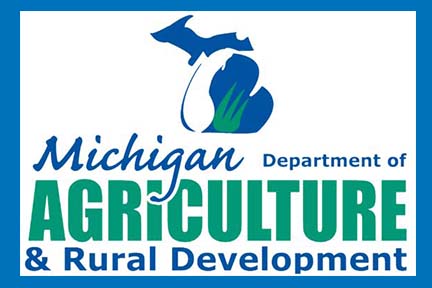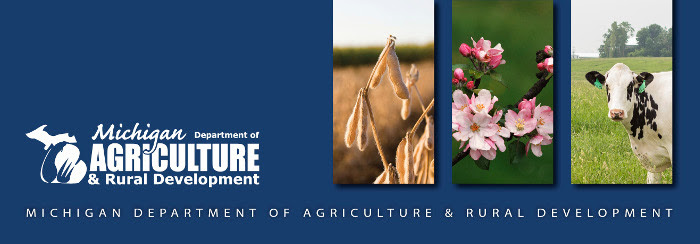
Residents Urged to Protect Against Mosquito Bites
Residents Urged to Protect Against Mosquito Bites Throughout the Fall
Pontiac, Mich. – Oakland County Health Division reminds residents to prevent mosquito-borne illness by avoiding mosquito bites while they work or recreate outside during the fall. Mosquitoes remain active until the first hard frost of the year.
“Keep protecting yourself against mosquitoes as we transition into fall,” said Leigh-Anne Stafford, Oakland County’s director of Health & Human Services. “As you enjoy outdoor fall festivities like football games and cider mills, take steps to prevent mosquito bites.”
Most people who are infected with mosquito-borne diseases have either no symptoms or experience a mild illness such as fever, headache and body aches. However, in some individuals, a more serious disease-causing inflammation and swelling of the brain can develop.
Follow these prevention tips:
- Use Environmental Protection Agency (EPA) registered insect repellent.
- All EPA registered insect repellents are evaluated for safety and effectiveness, and will contain DEET, picaridin, IR3535, Oil of Lemon Eucalyptus or para-menthane-diol as the active ingredient. Repellents containing a higher percentage of the active ingredient typically provide longer-lasting protection.
- Always follow the product label instructions.
- Be careful using repellent on the hands of children as it may irritate the eyes and mouth.
- Get rid of mosquito breeding sites by removing standing water around your home.
- Turn over any container that can collect water. Once a week, empty items that hold water such as tires, buckets, planters, toys, pools, birdbaths, pet bowls, flowerpots and trash containers.
- Clean clogged roof gutters, especially if leaves tend to plug the drains.
- Treat standing water – such as retention ponds or drainage ditches – with a mosquito larvicide. It is easy to use and can be purchased at most home improvement stores.
- Wear long-sleeved shirts and pants.
- Limit outdoor activity from dusk to dawn when mosquitoes are most active.
- Make sure there are no holes in window and door screens. Do not prop open doors.
West Nile Virus and Eastern Equine Encephalitis are mosquito-borne diseases. Mosquitoes are infected with the virus by biting infected animals, such as birds or deer. The virus is spread to humans through the bite of an infected mosquito. With West Nile Virus, people over the age of 50 are more likely to develop serious and potentially life-threatening symptoms if they become ill from the virus.
More information about mosquito-borne diseases can be found on the Health Division’s website at oakgov.com/health or by contacting Nurse on Call at 800-848-5533 or [email protected]. Nurse on Call is available 8 a.m. to 5 p.m. Monday through Friday. For up-to-date public health information, follow @publichealthOC on Facebook and X.
For media inquiries only please contact Bill Mullan, Oakland County public information officer, at 248-202-9668.










